Why Netflix's much-hyped 'One Piece' is worth your time, even if you're not a fan of the anime
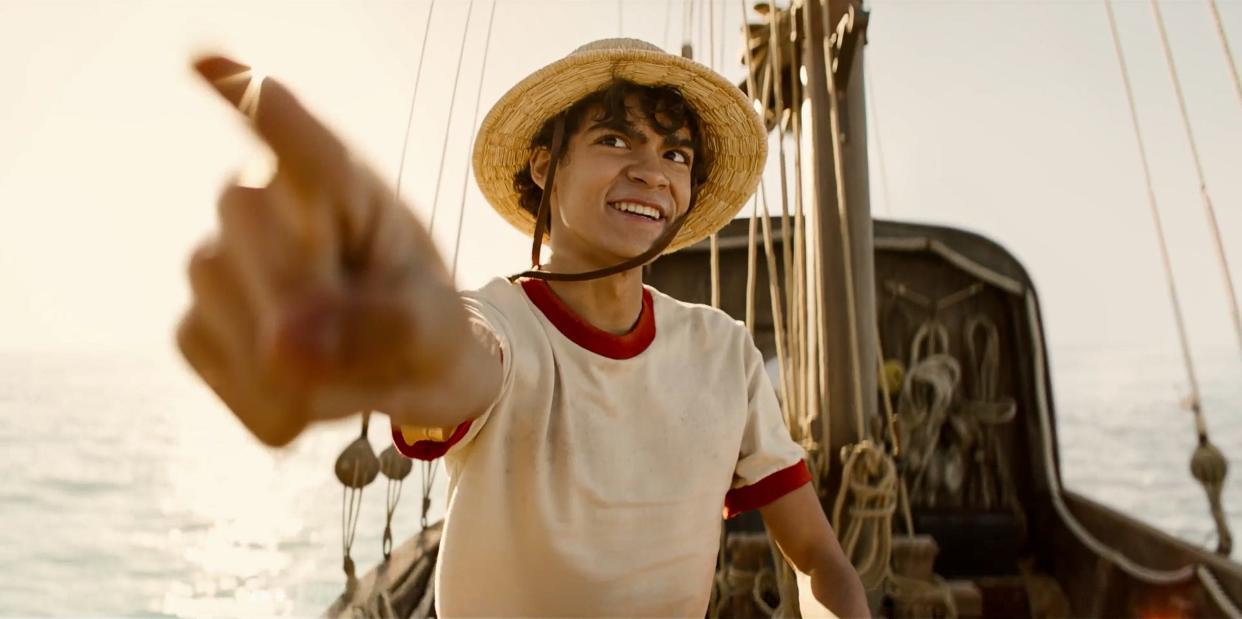
Netflix's "One Piece" is based on a legendary manga series that follows pirate Monkey D. Luffy.
The manga, written by Eiichiro Oda, spans over 1,000 chapters and is a best-seller.
Whether you're a fan or not, the live-action series is worth your time — and you should read the manga.
By now, you've probably heard of "One Piece" — if not through the manga that's run for 26 years straight, or the 1,000+ episode anime series, then the Netflix live action show that released on Thursday.
To outsiders, the almost unfathomable length of "One Piece" can make it an intimidating prospect. To catch up in full requires reading over 1,000 illustrated chapters of Eiichiro Oda's "One Piece" manga or sinking hundreds of hours into over two decades' worth of TV. It's a journey that will reward you handsomely — but more on that later.
Netflix's live-action "One Piece" presents a third, lower-commitment option. Adapting the first saga of Oda's manga, it follows young pirate Monkey D. Luffy as he builds his crew and prepares to sail on the Grand Line, the most dangerous — and adventure-laden — stretch of ocean in the world.
If you're new to "One Piece," or skeptical about diving into Oda's world for the first time, you should take the plunge — here's why.
'One Piece' is long, but incredibly rewarding
"One Piece," written and illustrated by Eiichiro Oda, began serializing on July 22, 1997 in the magazine "Weekly Shōnen Jump." In the years since, it's been compiled into 106 different volumes. After 26 years of publishing, "One Piece" still isn't over — Oda continues to add to the series' 1000+ chapter count on a weekly basis. The series has published over 500 million copies worldwide, and is the best-selling Japanese manga series of all time — and that's not even digging into the anime adaptation, which has over 1,000 episodes, and its 15 movies.
The series follows Luffy and his Straw Hat crew as they search for the titular One Piece, a treasure left behind by the former King of the Pirates Gol D. Roger. Roger's death sparked a Golden Age of Piracy, and Luffy's aspiration is to find the treasure and become the new Pirate King.
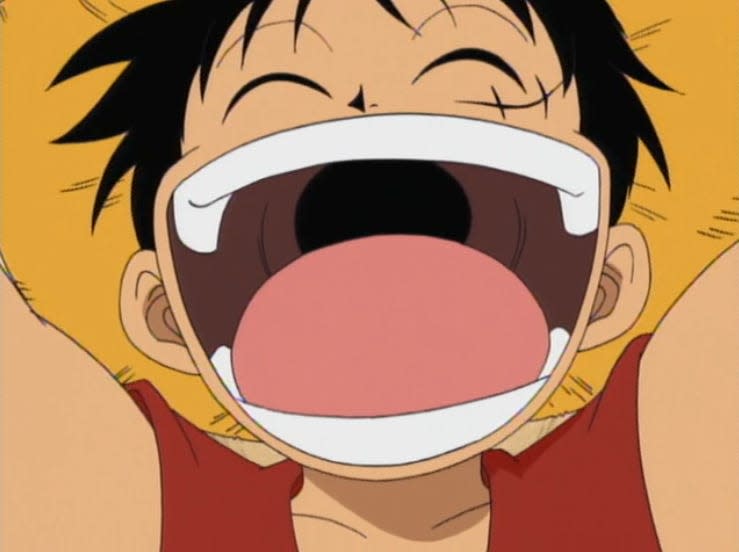
The world of "One Piece" is fantastic, and frankly, extremely weird. There are people, like Luffy, who have eaten "Devil Fruits" that give them a wide range of powers in exchange for making them sink like a rock in the ocean. Luffy's Gum-Gum Fruit allows him to stretch his body like rubber, an ability that Oda said he chose because it was the "goofiest power that I could think of." In turn, Luffy himself is an incredibly goofy character — which makes the moments when he gets deadly serious all the more rewarding.
Luffy's gummy powers are only the beginning of the story's deeply silly, but frequently extremely heartfelt, sensibilities. The deadly swordsman Roronoa Zoro fights with three swords (one in his mouth), and is frequently found napping or getting lost. Capable cook Sanji only fights with his feet, as to protect his chef's hands (he is also incapable of speaking normally to a woman). The Straw Hats' doctor is a reindeer named Tony Tony Chopper, who accidentally ate the Human-Human fruit and can transform between a variety of human and reindeer forms.
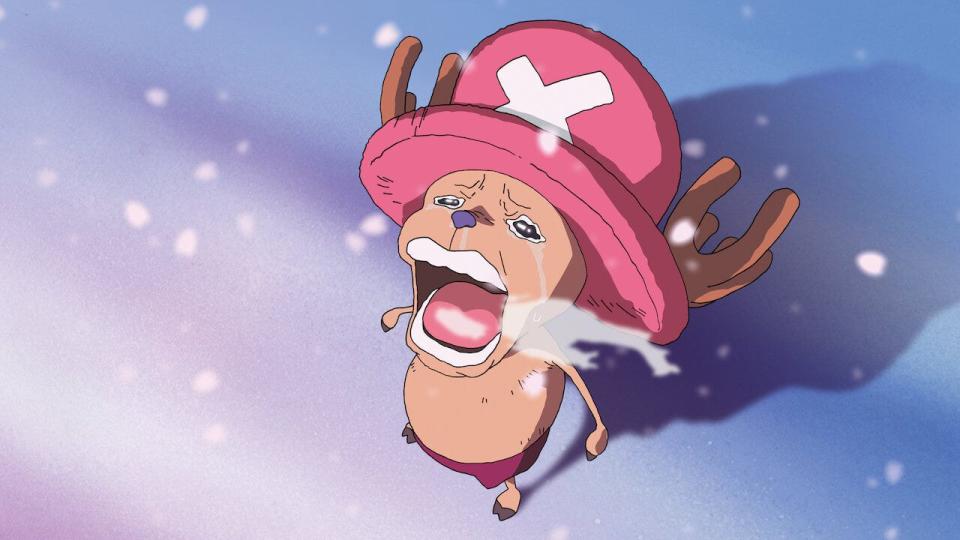
But what makes "One Piece" exceptional isn't its length, which is a daunting prospect as a potential fan. Oda's investment into the world of "One Piece" is deep — what starts as a story about some random stretchy guy wanting to be King of the Pirates unfurls into a incredibly rich, complex narrative. Political narratives, like the implications of having government-sanctioned pirates or the fascist erasure of history, come to the forefront as Luffy punches, stretches, and smiles his way through bigger and better fights.
And even as "One Piece" stretches on, it doesn't lose its identity. Though the stakes get higher and higher, it retains many of its goofy, lighthearted traits, and leans into its characters' unique identities even while expanding the cast.
Netflix's live-action 'One Piece' manages to capture the spirit of the original story
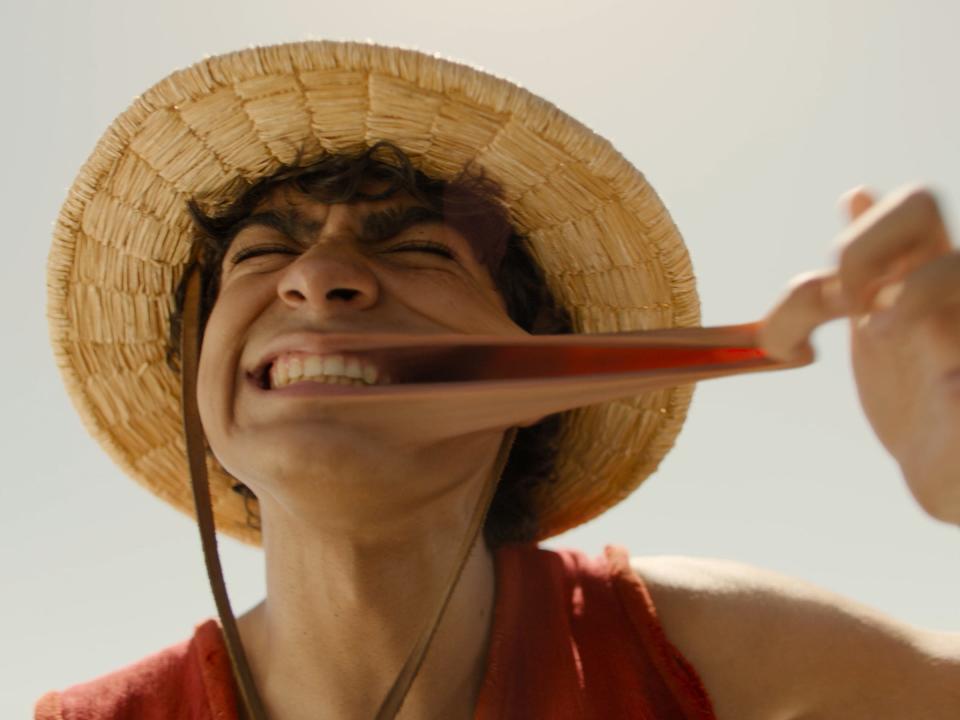
Whether you're already a fan of "One Piece," or a potential newcomer to the story, the live-action series is worth your time. That's mostly because it leans hard into the best quality of Oda's story: the characters.
Iñaki Godoy is perfectly cast as Luffy in Netflix's adaptation, capturing his carefree attitude, whimsy, and exuberant energy in a way that (sometimes quite literally) ricochets around the screen. The other Straw Hats round out a stellar central cast, from Emily Rudd's wry Nami, to Mackenyu's impossibly cool Zoro, to Jacob Gibson's mood-lifting Usopp, to Taz Skylar's charming (and more appropriately flirty) Sanji.
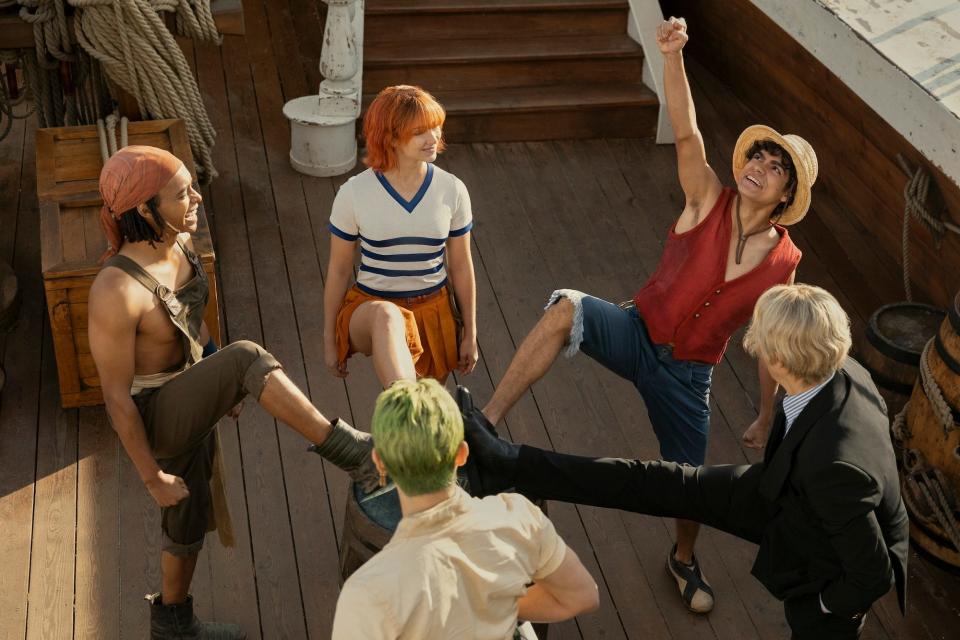
Despite taking a slightly more weighty approach to the source material, Netflix's "One Piece" keeps much of the silliness that defines the series: Luffy, true to form, calls out all of his big fighting moves. Cat-themed antagonists claw and hiss with the utmost gravity. The transponder snails, the primary method of communication in "One Piece," are rendered into truly uncanny realism.
While the series condenses the manga's East Blue Saga and makes some changes along the way, it's a great primer for the franchise as a whole. Newcomers shouldn't be scared away by the vastness of Oda's universe, and if they like the show, they should seriously consider checking out the original manga or anime series.
'One Piece' is good enough to break the anime adaptation curse
For longtime fans as well, Netflix's "One Piece" should bring about a sigh of relief. While some of the changes from the manga might not be to everyone's taste, it's hard to deny that "One Piece," for the most part, is a pretty damn good adaptation.
"Pretty damn good" is also about as well as a Western anime adaptation has done thus far. Similar to the "video game curse," other anime remakes have been ill-fated. There have been exceptions, like the Wachowskis' delightful 2006 "Speed Racer" film. But Netflix anime adaptations have been poorly received, like its 2017 "Death Note" movie (which, while perhaps not good, is quite fun), or its adaptation of the anime series "Cowboy Bebop," which was canceled after a single season.
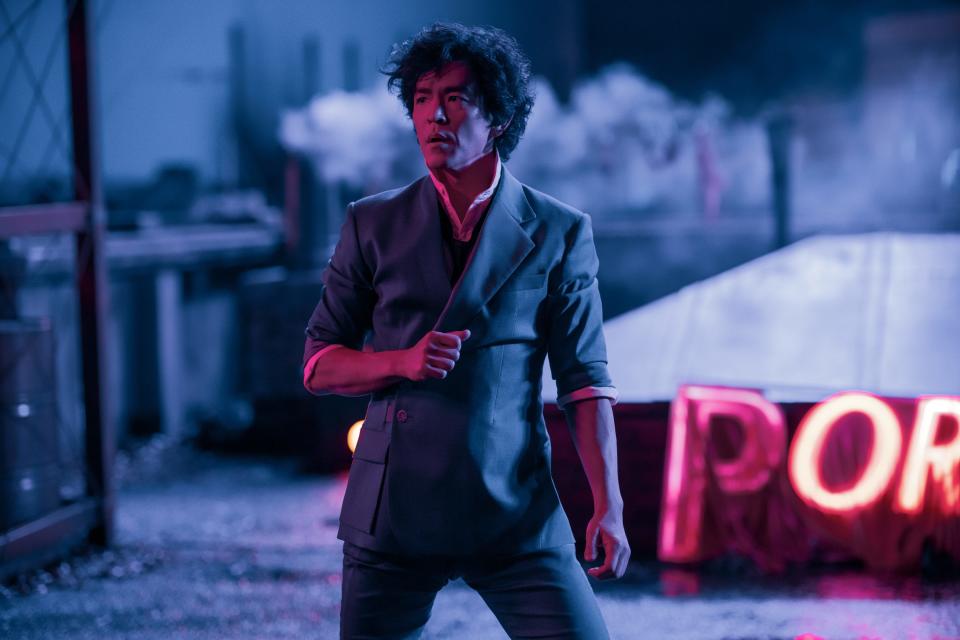
The success of "One Piece" feels due both to the cast and crew's clear love of the series, and Oda's close involvement with the adaptation. The author said in a note released by Netflix that he felt that the live-action series was the "last chance to bring 'One Piece' to the entire world," and that he wanted to be deeply involved — and he told The New York Times ahead of the show's premiere that he "acted as a guard dog" to make sure the adaptation was up to snuff.
Ultimately, "One Piece" feels like a proof of concept. If a story this bombastic, vivid, and bizarre can be brought to the screen, it feels like there's a viable pathway for others to do the same. Still, even if they follow a similar playbook, they won't have this show's greatest strength — being "One Piece."
Read the original article on Insider


